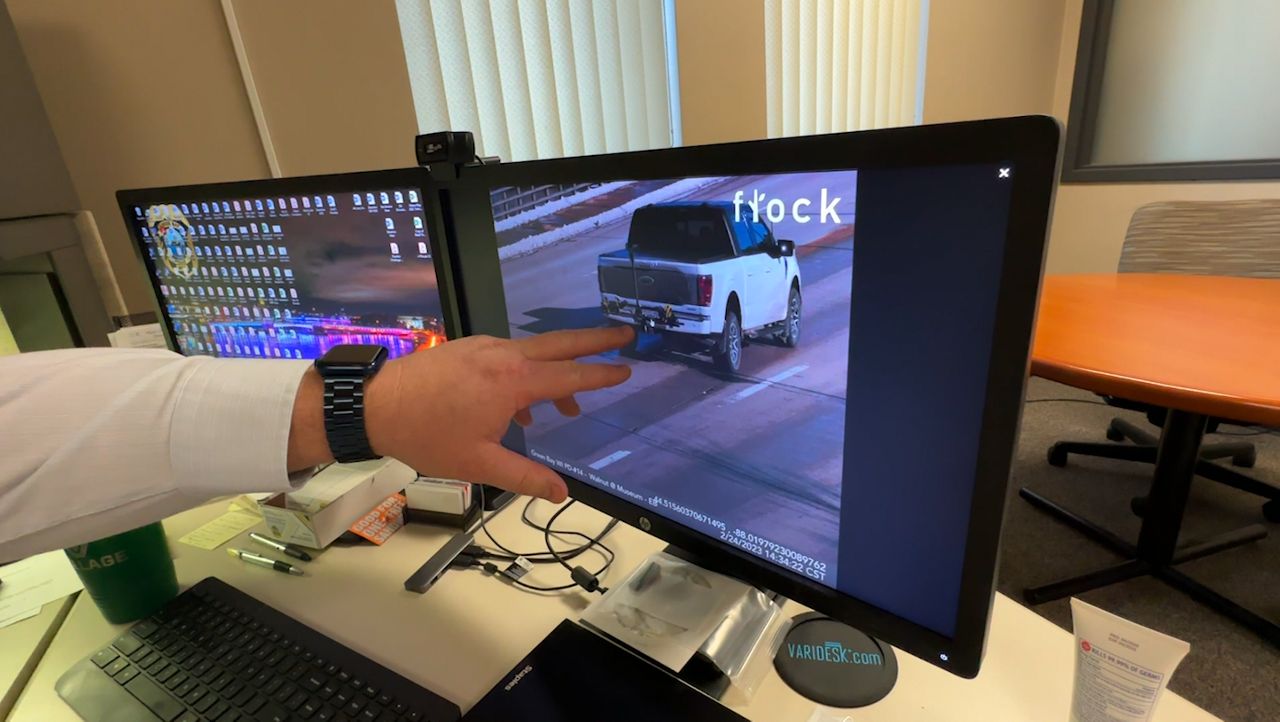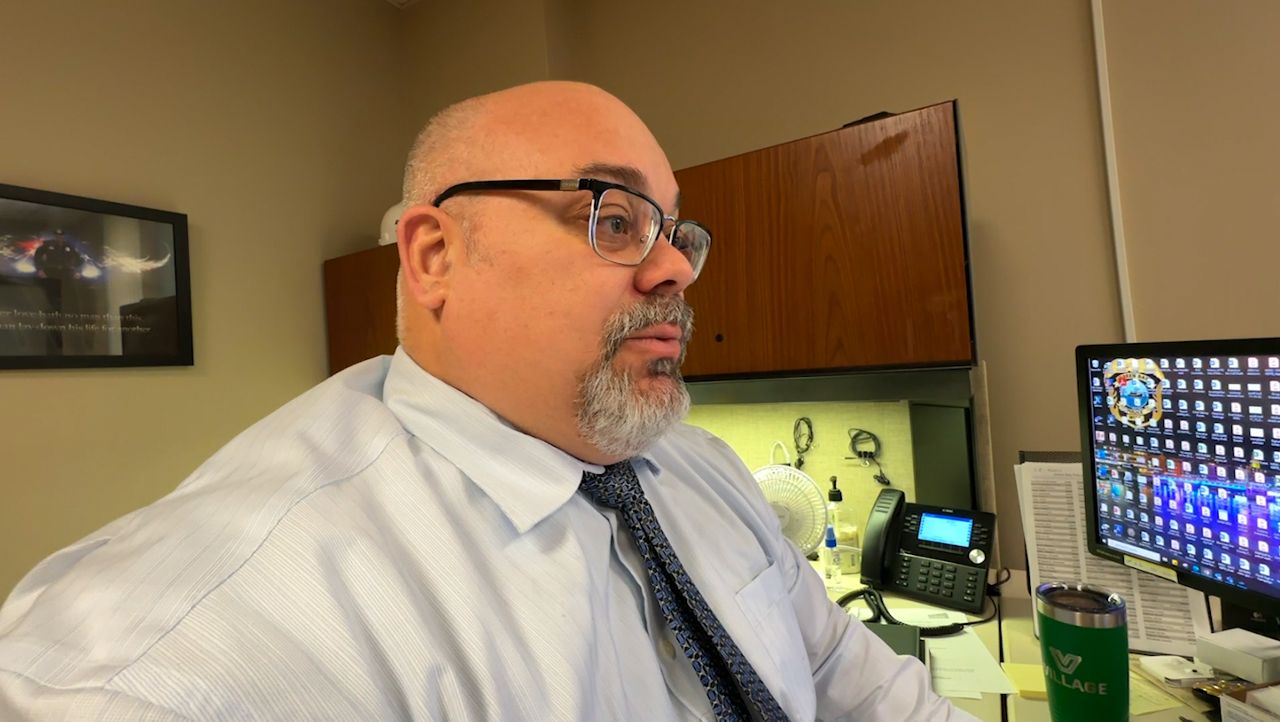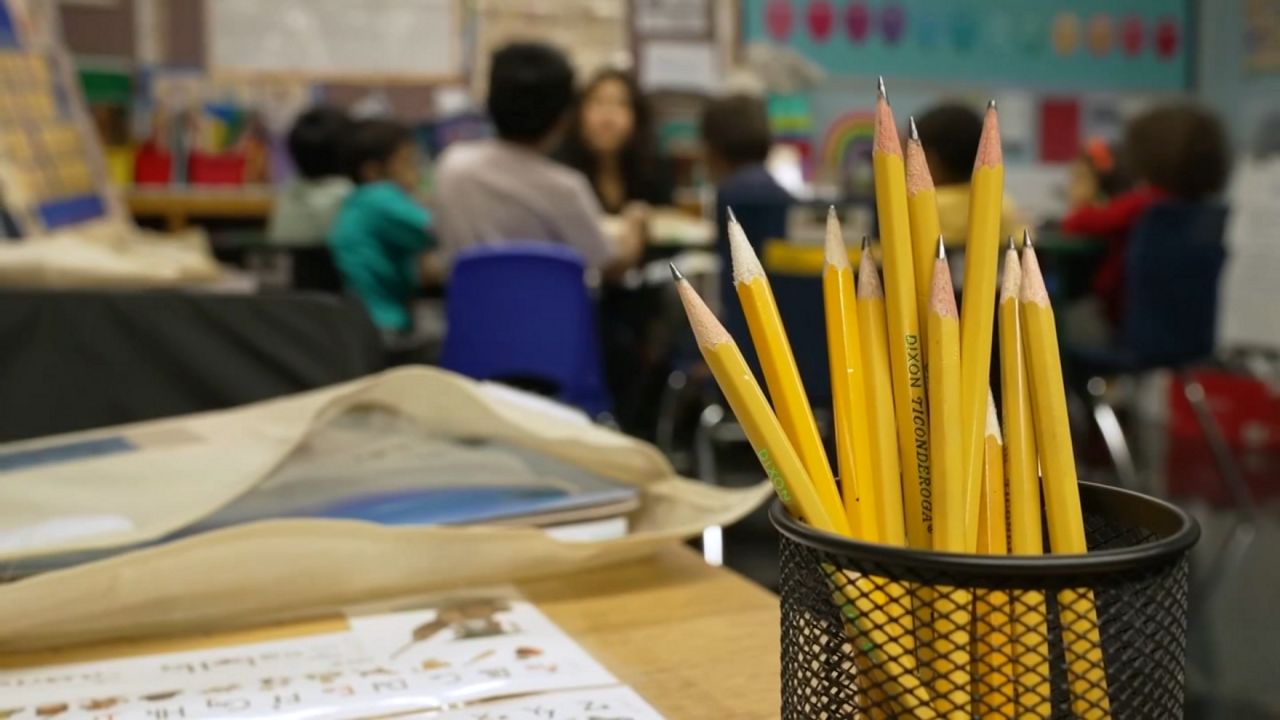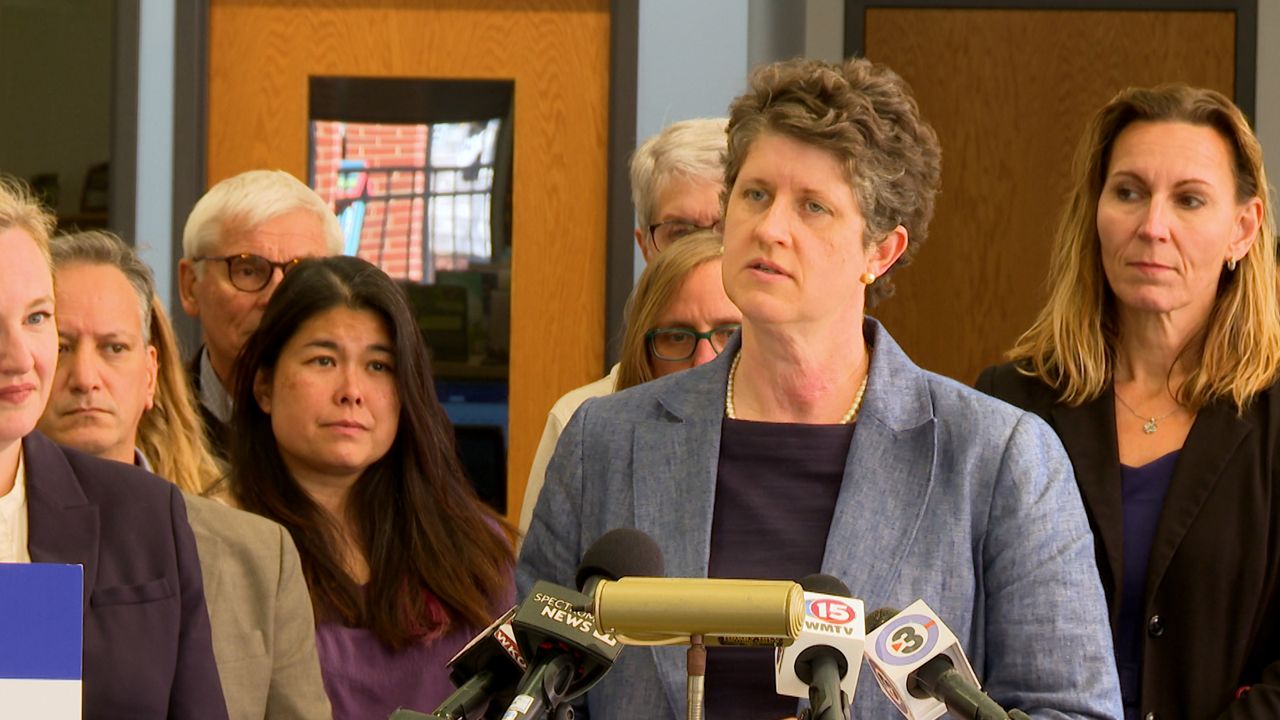GREEN BAY, Wis. — With a few keystrokes and a couple of mouse movements, Gary Richgels can narrow the search of hundreds of thousands of vehicles moving through Green Bay, Wis. Richgels is a police commander in the Green Bay Police Department.
His efforts on the computer pull up a series of images of rear licenses plates on moving cars captured by license plate reading cameras.
This is the data collected by a system police said make them more efficient and help them close cases both large and small.
“Every day it gets used,” said Richgels, who heads up the police department’s investigations division. “From a potential hit and run accident when someone says a white and black Ford Explorer went westbound on Mason and it hit another car and kept driving. If they didn’t get a plate, they can look just for the parameters of that vehicle. If they did get a plate, they can put that in and that can help officers locate the driver and investigate the accident.”
There are 40 cameras around the city feeding images into the system. After a testing period last summer, the city’s common council approved funding for three years of use.

“It allows police to do their work more efficiently. It allows victims to have their cased closed potentially even quicker by finding the wrongdoer,” Richgels said. “It can also help prove innocence. If someone is alleging something that’s incorrect or false by trying to get someone in trouble it can prove, 'Wait a minute, I wasn’t even there; I was over here.”'
Operations Commander Kevin Warych said there are some things the cameras don’t do.
“These cameras do not record speed. They’re not there for traffic enforcement,” he said. “It is strictly an investigative resource and tool to help investigators when incidents occur in the city.”
Other departments around the state and nation are adopting the technology.
“We put in locations where traffic is very heavy, where it’s main thoroughfares in and out of the city,” Warych said. “Whether it’s on bridges or major intersections. It’s a coordinated effort amongst everyone in the police department to make sure the cameras are in positions that will give us the best return on this investment.”
The cameras are a supplemental tool assisting officers and detectives.

Richgels said the cameras have helped in homicide investigations as well as the more typical day to day police work.
“The serious crimes get a lot of attention, and they get talked a lot about. Has it helped in homicide cases? Yes. Has it helped in retail theft from a local store? Yes,” he said. “If someone had information that someone was here, we wanted for a homicide and just described the vehicle, sometimes that’s proven helpful to locate the vehicle, the plate and bring everyone into custody without incident.”










